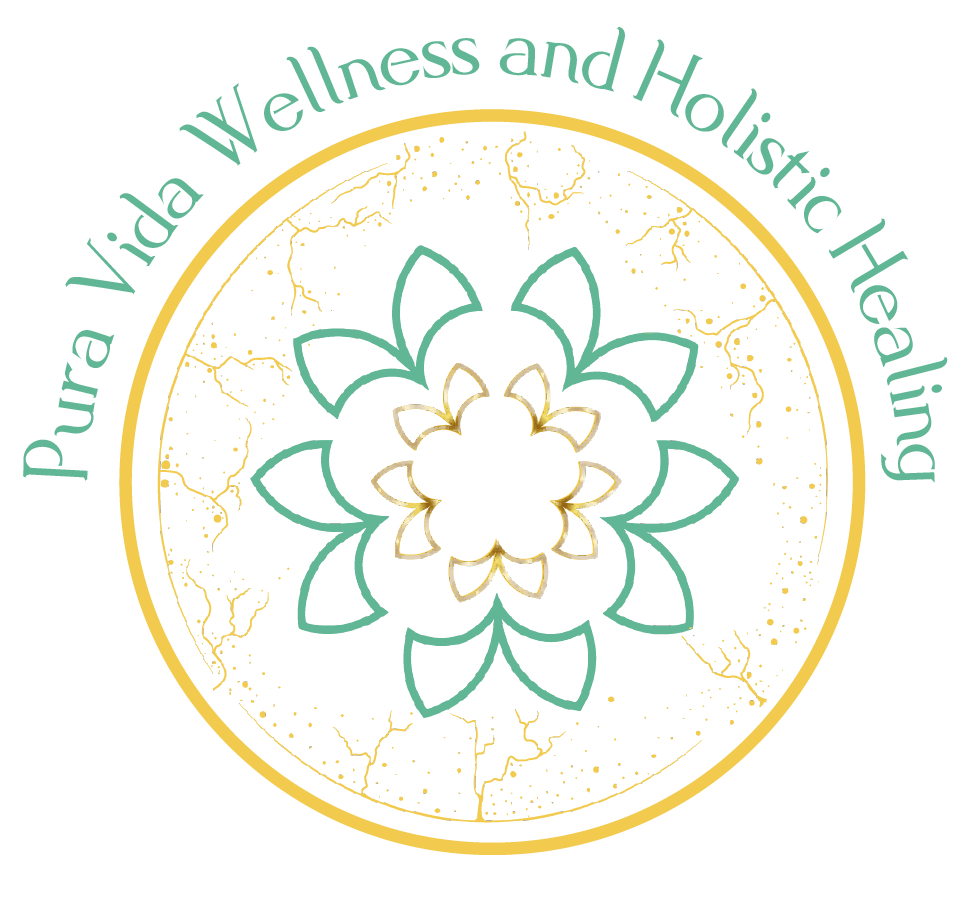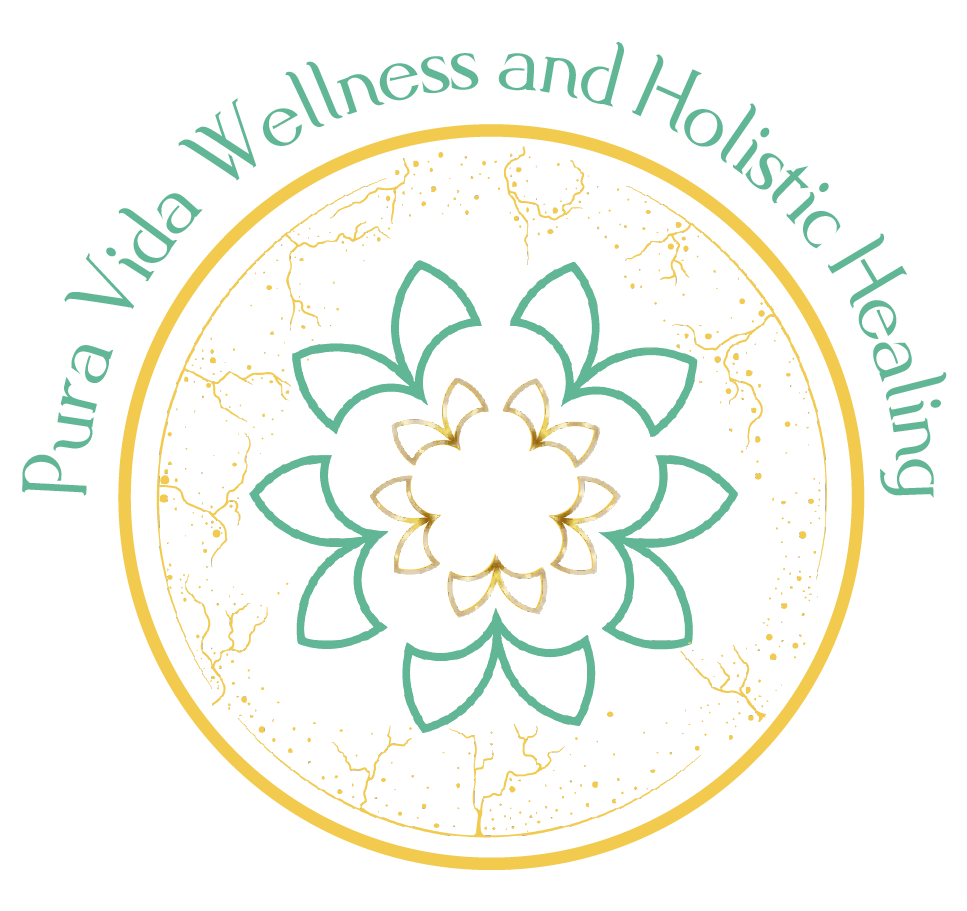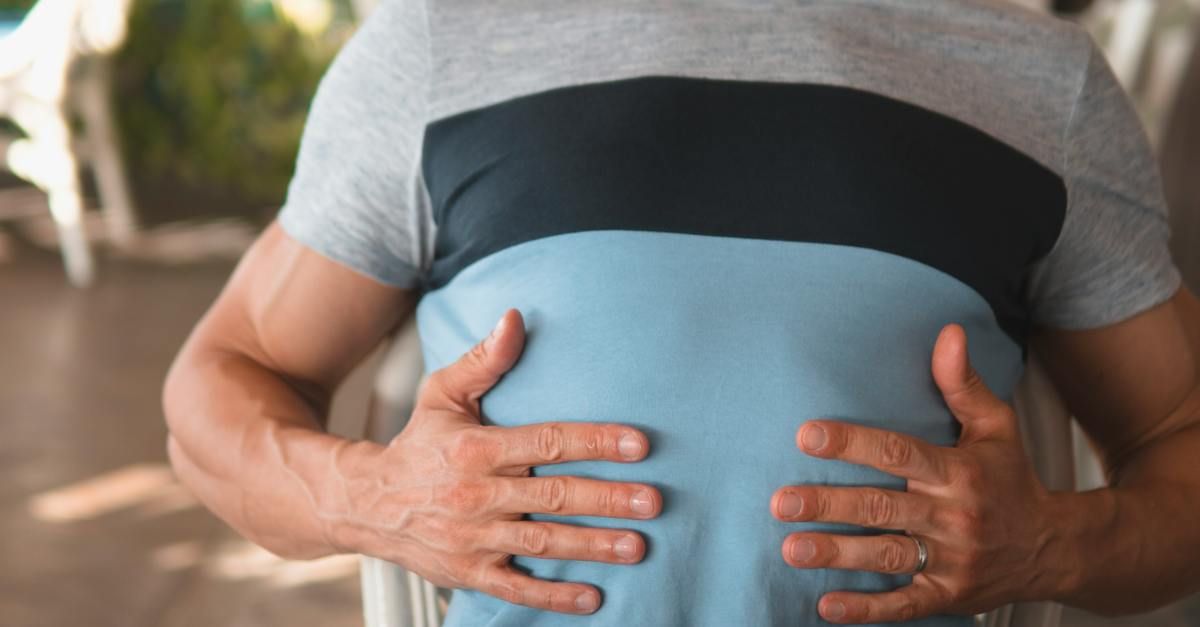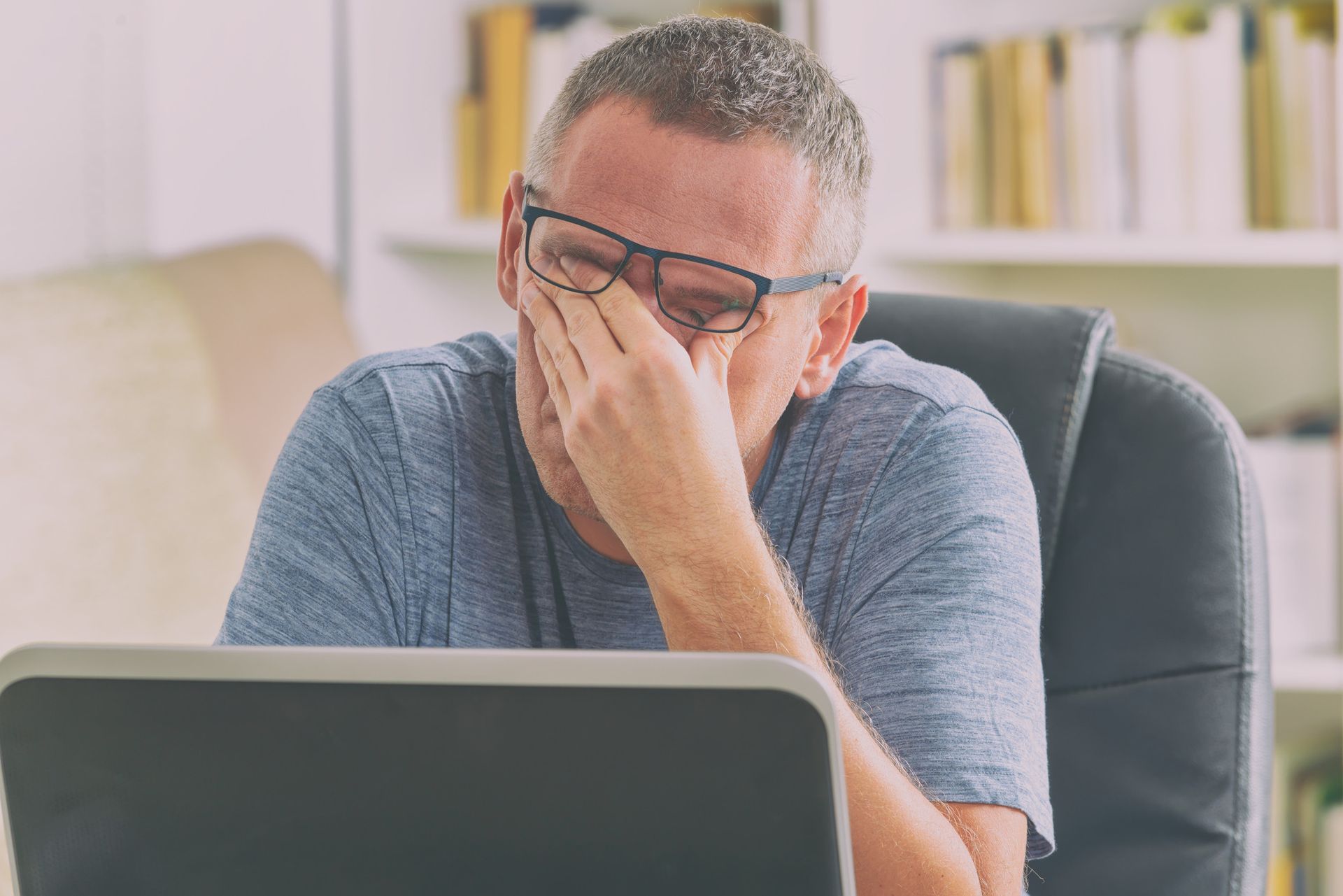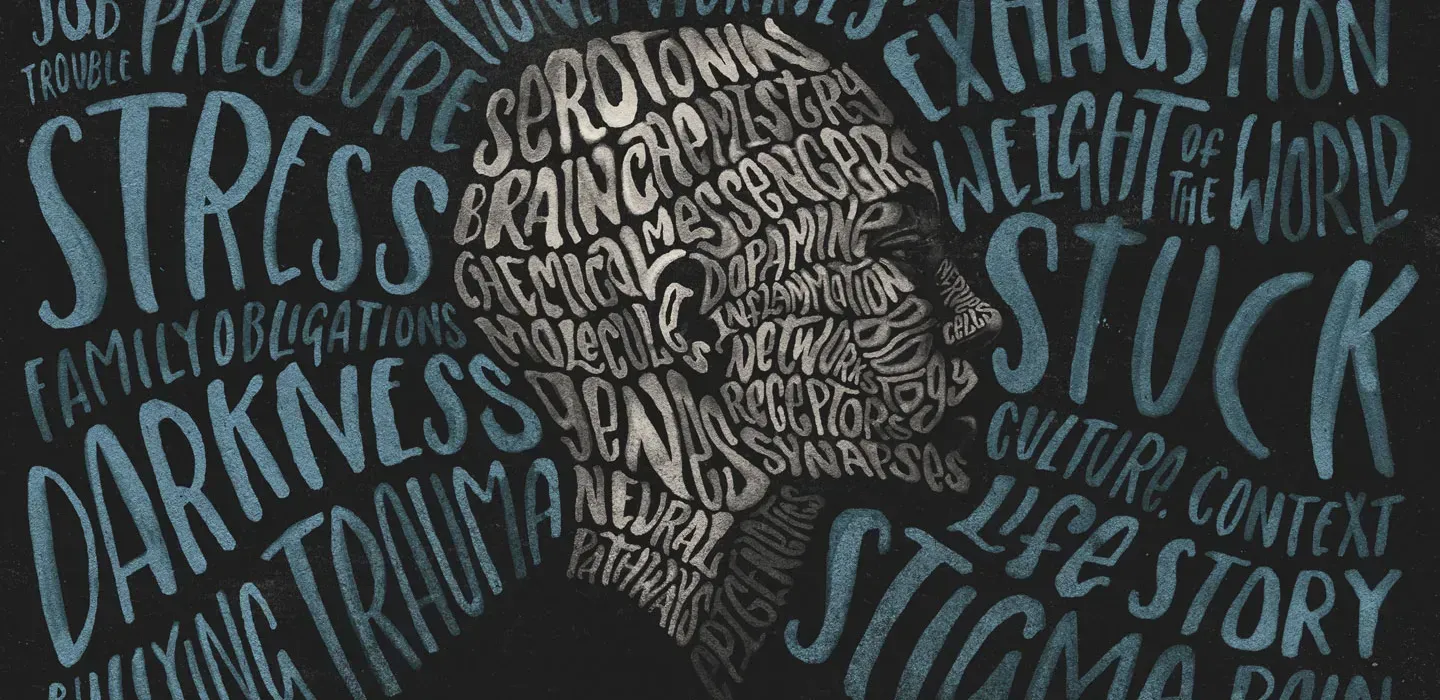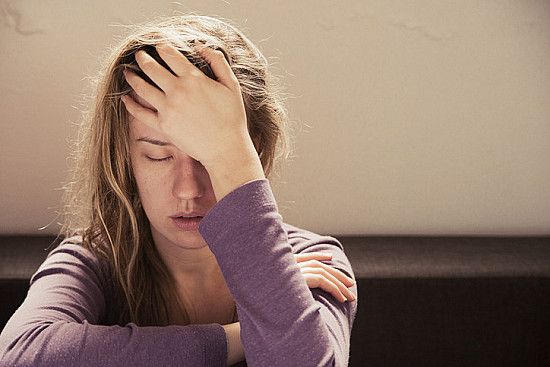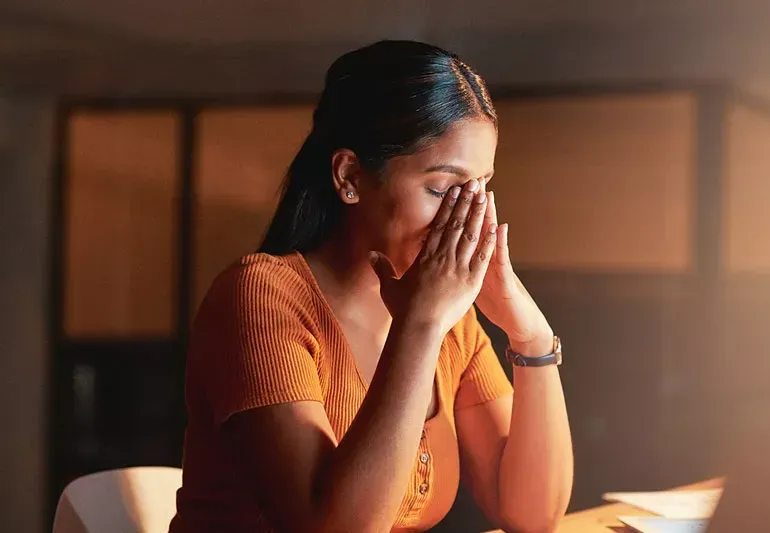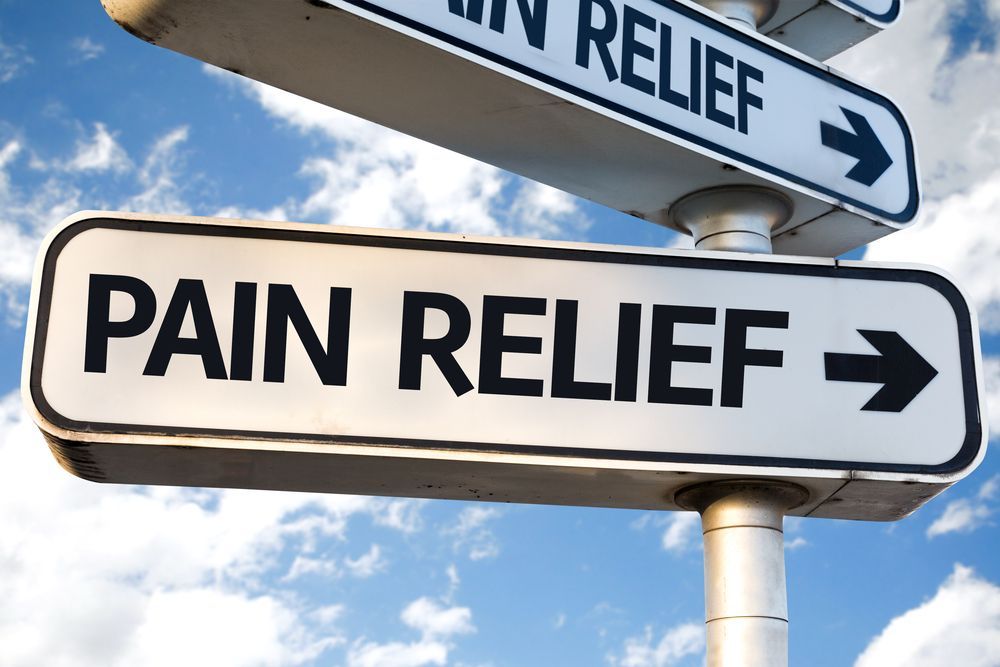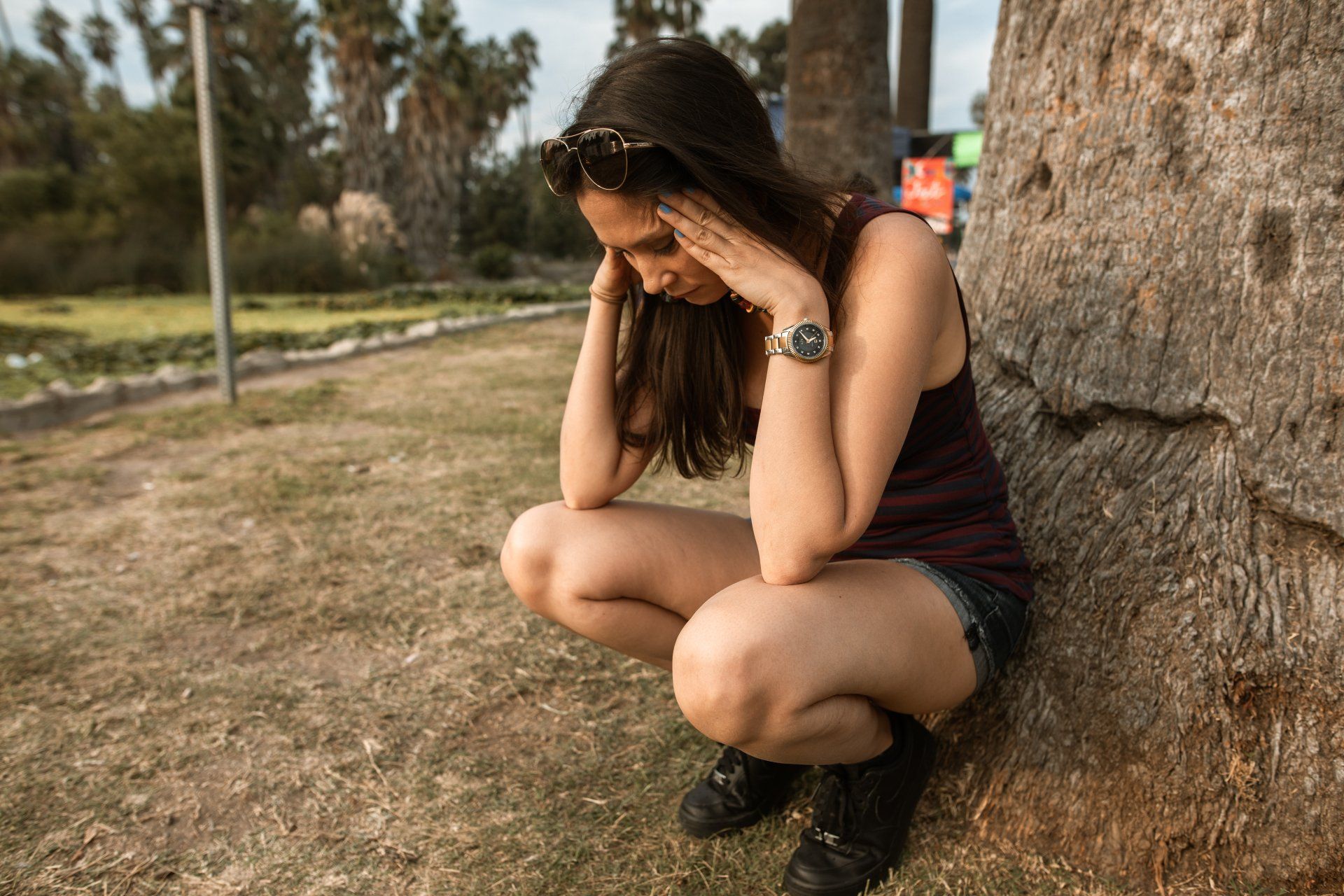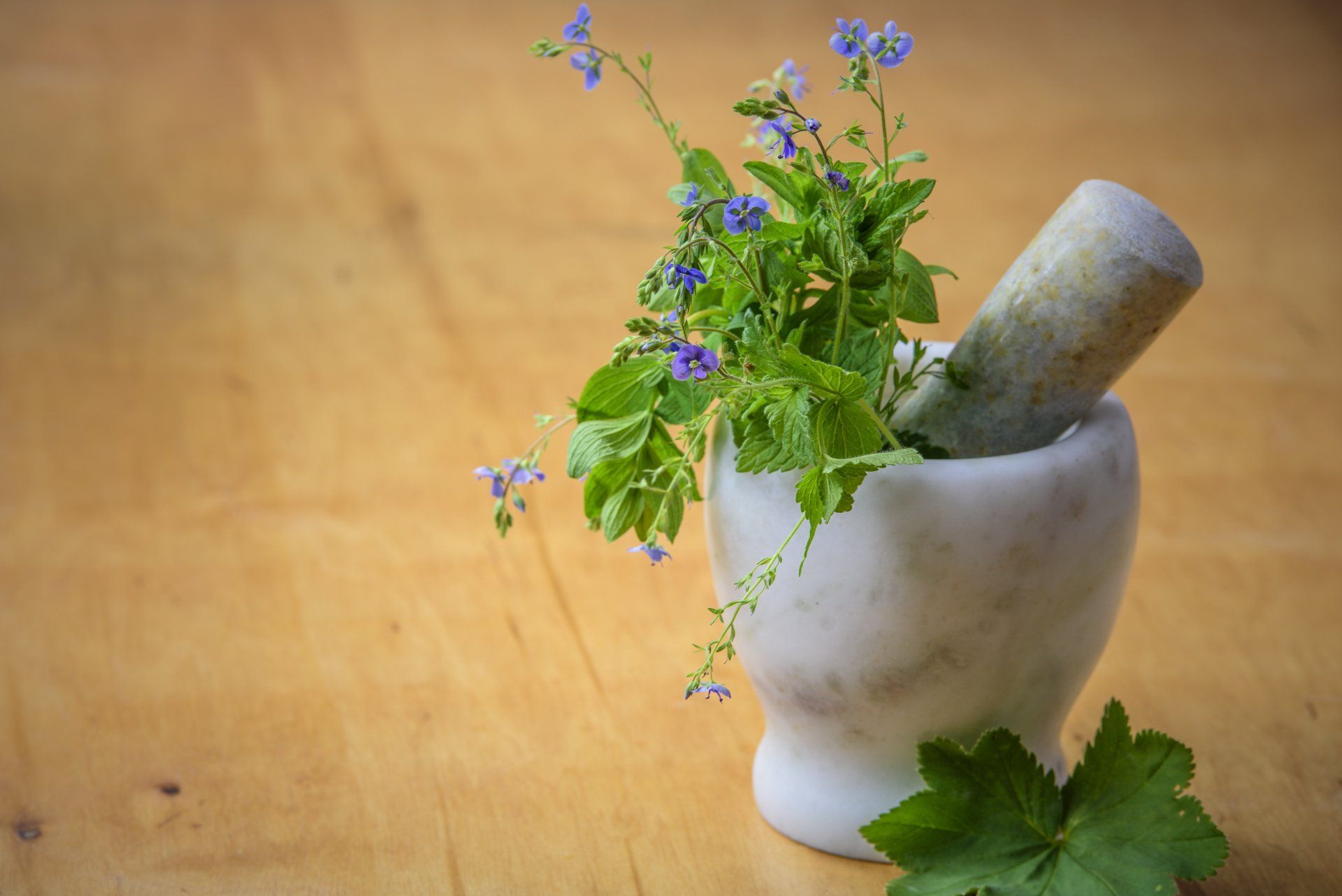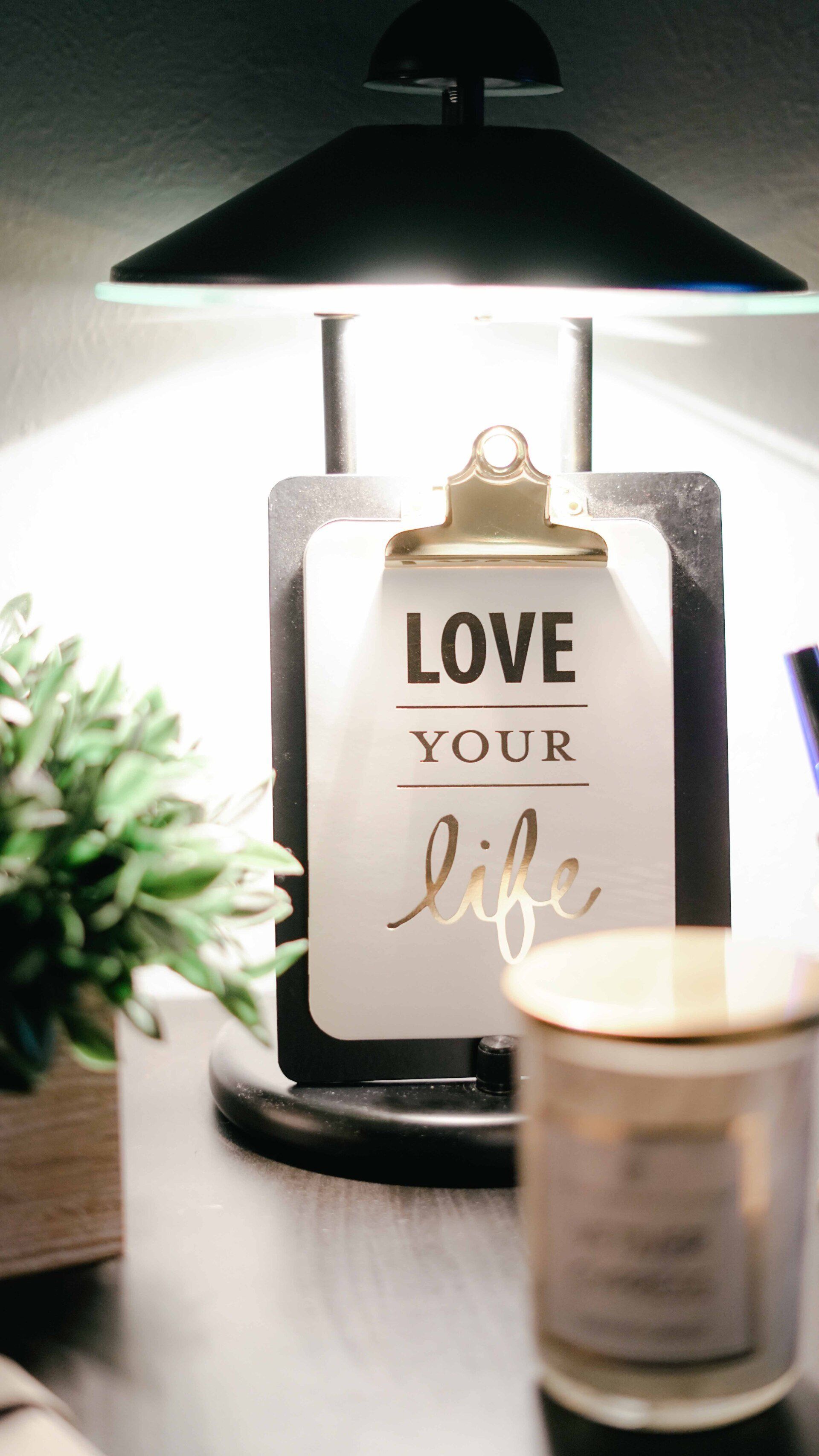Healing PPD: Natural Ways to Treat Depression without Medication
The birth of a child elicits a wide range of powerful emotions in women, from excitement and joy to fear and anxiety. However, in some cases, it can cause pain that you were not expecting after pregnancy (Depression).
Recent studies reveal that most new mothers experience an unexpected pain of depression named “Baby blues” after childbirth which involves mood swings, crying spells, anxiety disorder, and, more importantly, difficulty in sleeping.
Such kind of depression normally commences just after two days of delivery & might last up to four weeks or a month. Also, you can include some remedies to get healing from postpartum depression.
But some moms experience long-lasting and most-severe depression after delivery named ‘Postpartum.’ It is called postpartum depression because it can start during the Sixth month of pregnancy and may last after childbirth. The pain during that phase is unimaginable for women.
This article demonstrates some of the most interesting & natural ways that help you to get rid of PPD without taking a medication course. So stay tuned!
Before jumping on to the remedies, let’s check out what PPD is. And what its major symptoms are.
What Do You Mean by PPD (Postpartum Depression)?
The phrase ‘PPD’ is the abbreviation of postpartum depression which is a complex mix of physical, mental, emotional, and behavioral swings that occur in several women after pregnancy.The body content of your post goes here. To edit this text, click on it and delete this default text and start typing your own or paste your own from a different source.
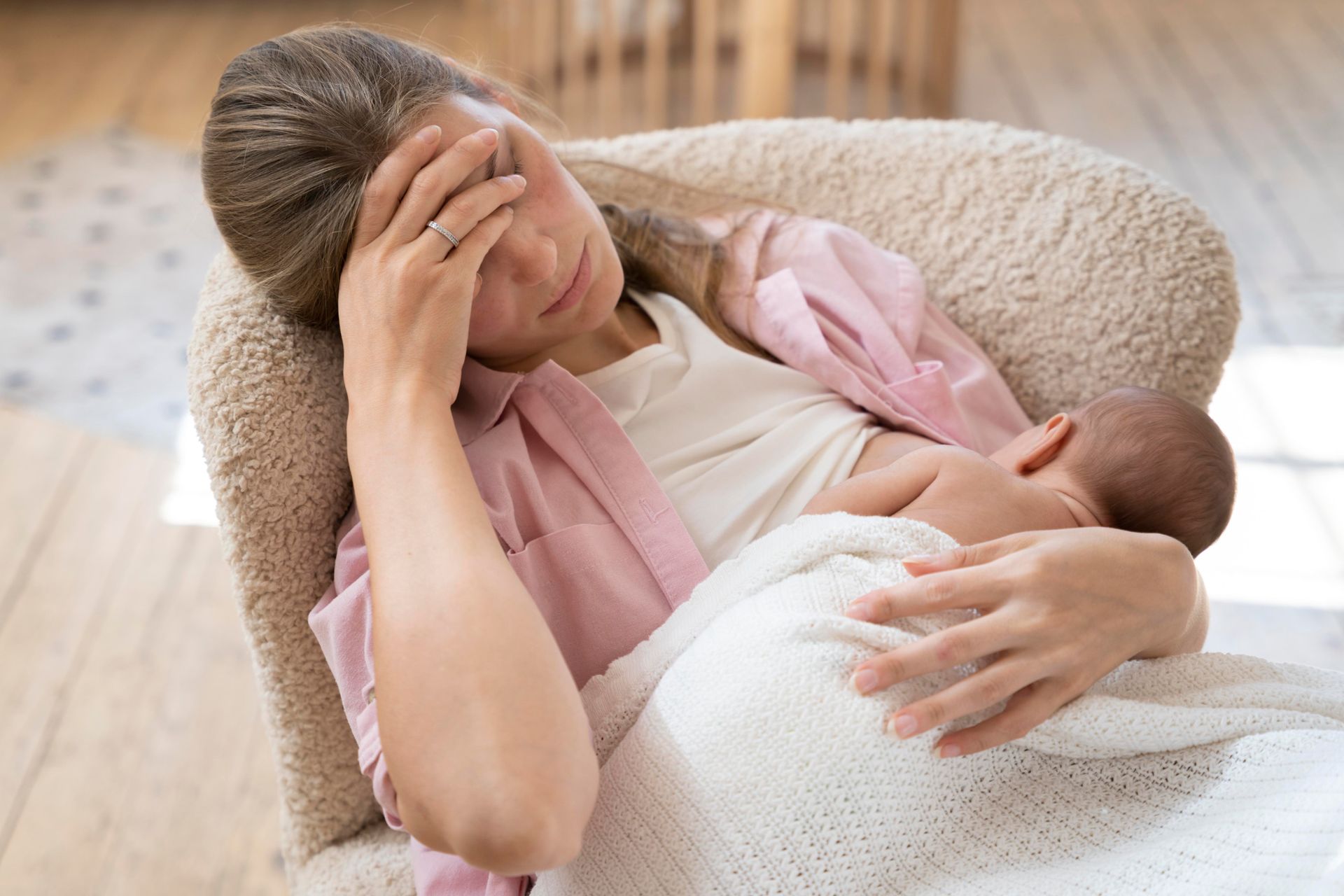
In addition, postpartum depression is related to chemical, social, and psychological changes during childbirth. The term refers to various physical and emotional changes that many new mothers go through. Counseling and nature-extracted remedies can be used to treat PPD.
What Are the Major Symptoms & Signs of PPD?
PPD is a complex form of depression that can give women unimaginable pain during the toughest phase of life, pre & post-pregnancy. Several reasons or symptoms indicate PPD; here are a few of them:
Symptoms
- Trouble sleeping
- Change in appetite
- Severe fatigue
- Low libido/energy
- Frequent mood swings between excitement, sadness, and depression
- Severe anger & crankiness
Thoughts of hurting someone else badly New Paragraph
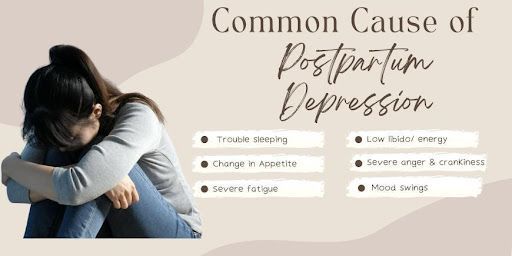
What Are the Risk Factors of PPD?
If you are struggling with PPD, it’s not because you did anything wrong. Experts state that this can happen due to several reasons. Different people have different signs. Here are some of the risk factors that raise the possibility of postpartum depression:
- A brief history of any sort of depression prior to pregnancy or during the pregnancy phase.
- Age at the time of pregnancy
- Ambivalence about the pregnancy
- Children
- Genetic history of mood disorders
- Going through an extremely stressful event, like a job loss or health crisis
- Having a kid with special needs
- Having a history of depression or premenstrual dysphoric disorder (PMDD)
- Living alone
- Marital conflicts
Natural Ways to Treat PPD & Keep You Smiling
PPD is a complex form of depression that makes women scared or even alone and hinders them from getting help from society. There are several medications & doctors available in the market to treat severe symptoms, yet most women have found it useful to adopt natural ways to treat depression without medication. Here are some most interesting ways:New Paragraph

Exercise the Most
Prominent researchers reveal that doing the right exercise can reduce the risk of having a higher level of PPD in women. It has an antidepressant effect on women aged 20-50 years. In particular, roaming with the baby in a stroller to get some exercise and breathe some fresh air can take you a long way in dealing with PPD.
Walking is a statistically significant way to relieve depression in a study published in Mental Health and Physical Activity.
Can't squeeze in a long workout? Incorporate working out for 10 minutes numerous times a day to keep your body fit & active. Fitness Blender is a great resource for quick, easy workouts that don't require equipment.
Maintain a Healthy Diet
A healthy diet is one of the best ways to treat depression. But remember, healthy eating alone won't cure PPD in depth. Including nutritious and healthier snacks and veggies in the diet plan can assist you in feeling better & delivering all the essential nutrients your body wants. Consider whole foods that are easy to grab on the go, such as chopped carrots, cubed cheese, apple slices, and peanut butter.
Give Time to Yourself
Do you feel depressed or stuck on a couch breastfeeding and wish to have some help? That is perfectly fine. Giving yourself time or priority can help you focus on other things.
Let your partner travel to a hill station for some time off your routine lives or occasionally hire some help to take care of your baby for a few hours. Even if you can only get out of the house between nursing sessions, you can use this time to decompress. Go for a walk, nap, watch a movie, or practice yoga and meditation.
Work in a schedule to maintain your life balance. If you want a natural cure for PPD, you can get in touch with Pure Vida Energy Healing, which offers numerous therapies such as Reiki and Shamanism to assist your body and heal from PPD.
Focus on Fish Oils
It's also a good time to increase omega-3 fatty acids like DHA. Women with low DHA levels have a higher risk of postpartum depression, according to a study published in the Journal of Affective Disorders.
DHA is abundant in seafood. If you're a vegetarian, flaxseed oil is another excellent source. Supplements are also available at your local supermarket.
Final Thoughts
PPD is treatable with world-class medication courses and nature-extracted remedies (Yoga or Meditation courses). Most women experience their symptoms in six months. With the help of natural remedies or therapies, you can easily eliminate PPD.
Pure Vida Energy Healing is here to help you with stress, anxiety, and post-pregnancy depression. Our experienced team is always available to assist you through this challenging phase!
If you’re having suicidal thoughts or thoughts about harming your baby, call your local emergency services.


